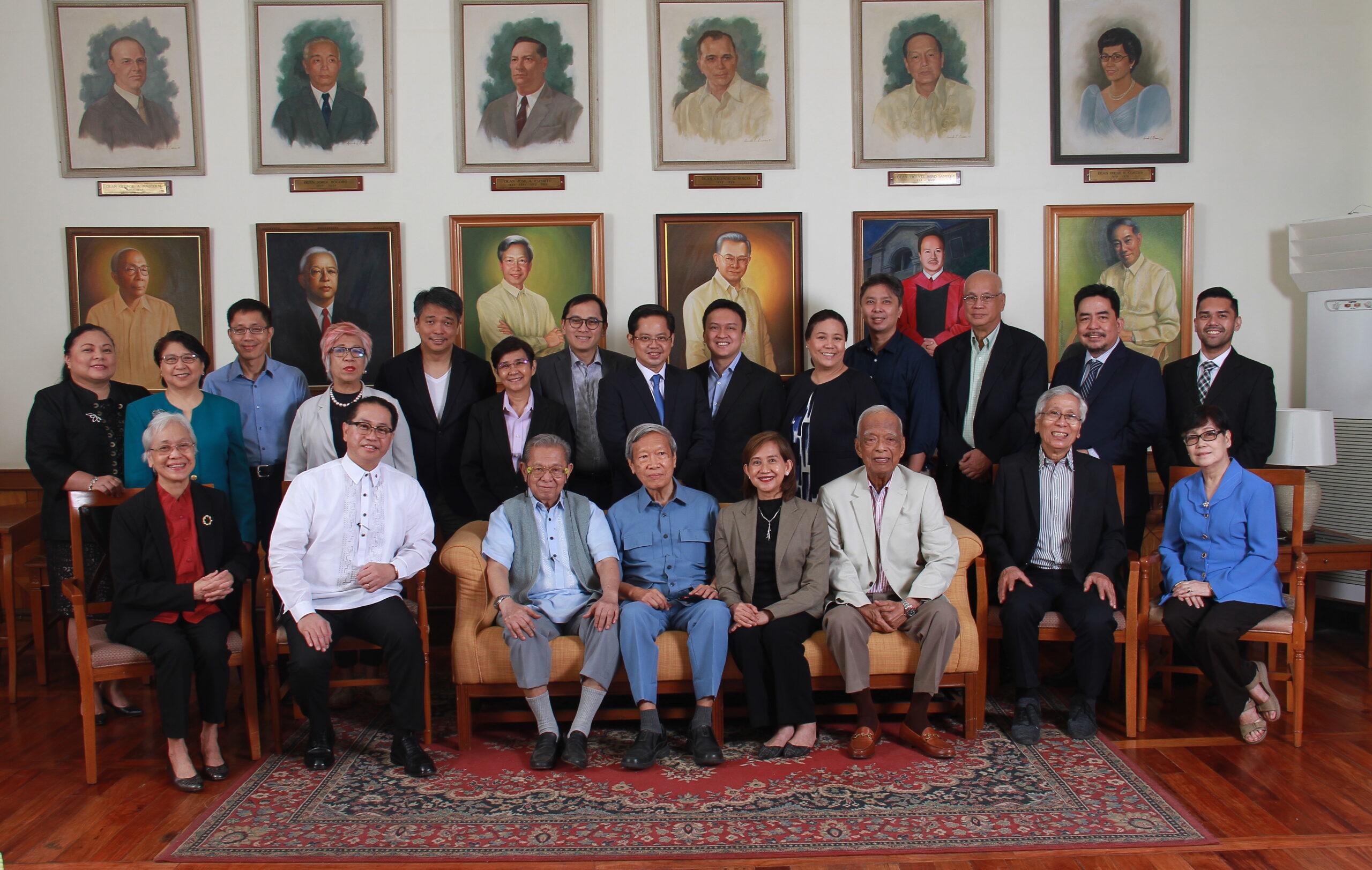The President’s Health: A Duty to Disclose
by Prof. Dante B. Gatmaytan “It is a ministerial duty on the part of the Office of the President to make the status of the President known to the public. What is discretionary is the manner in which it is to be released.” Professor Dante Gatmaytan discusses his observations and opinion regarding the recent dismissal by the Supreme Court of the case of De Leon v Duterte, where for the first time since 1987, Section 12 of Article VII of the Constitution which provides that "[i]n case of serious illness of the President, the public shall be informed of…











































































































 on the upper right corner to select a video.
on the upper right corner to select a video.